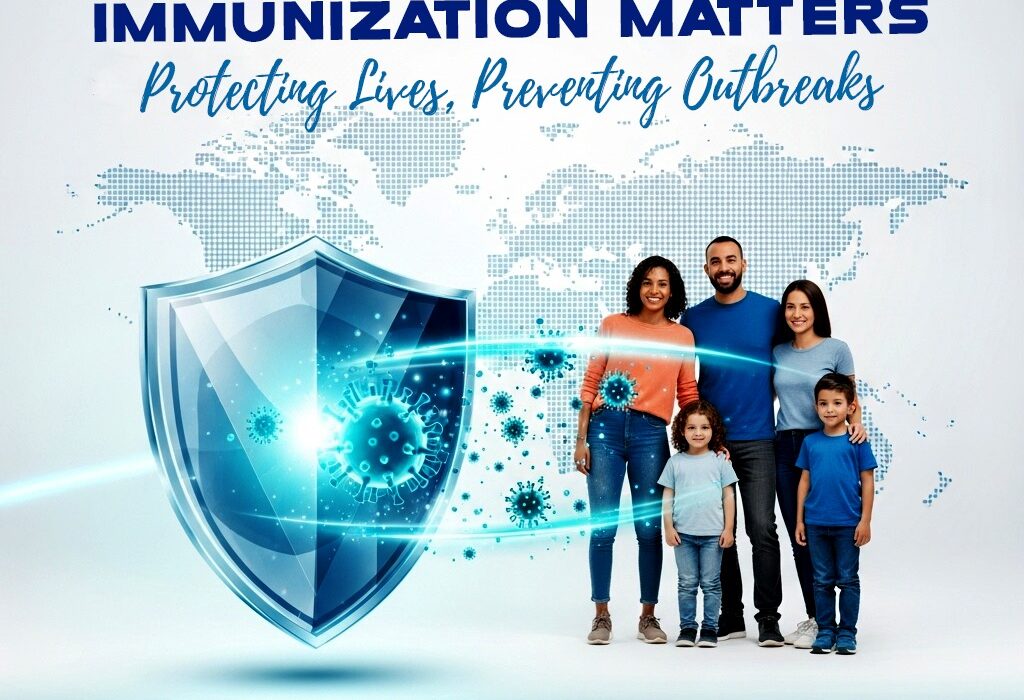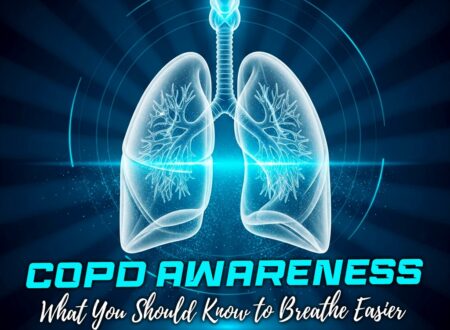Imagine walking into a paediatric ward where children are fighting infections that—just years earlier—were already on the verge of being eliminated. That image is a reminder: this is why immunization matters. As we move through 2025, vaccines remain one of the clearest ways to protect individuals and entire communities from preventable disease, reduce strain on health systems, and preserve economic stability.
Why immunization matters: the science in plain language
Herd immunity and community protection
Understanding why immunization matters starts with herd immunity. When a high proportion of people in a community are immune, transmission chains are interrupted and those who cannot be vaccinated—newborns, people with certain medical conditions—gain indirect protection. For highly contagious diseases such as measles, coverage levels of around 95% are needed to prevent outbreaks.
Immune memory: practice without risk
Vaccines give the immune system a safe “practice session.” That training helps the body recognize and defeat the real pathogen later, often preventing severe disease entirely. In many cases immune memory lasts years or decades, which is one reason why immunization matters across generations.
Real-world impact: numbers that make the case
- Global agencies estimate vaccines prevent 4–5 million deaths each year (World Health Organization).
- Measles vaccination has prevented millions of deaths since the 1990s; polio cases are down more than 99% since eradication efforts began.
- Economic analyses show strong returns on investment: every dollar spent on childhood immunization generates substantial economic benefits by avoiding healthcare costs and preserving productivity.
These outcomes explain not only health wins but also why immunization matters as an economic and social priority.
How immunization prevents outbreaks — three mechanisms
- Stopping transmission: High coverage reduces the pool of susceptible people, lowering chances of outbreaks.
- Reducing severity: Vaccinated people who become infected generally have milder illness and shorter recovery times.
- Limiting mutation opportunities: Fewer infections mean fewer chances for pathogens to mutate into more dangerous forms.
Another reason why immunization matters is that it protects the progress of decades-long public health campaigns—preventing diseases from returning to places where they were previously controlled.
Addressing hesitancy: facts over fear
Common concerns and evidence-based responses
- “Vaccines cause autism.” Multiple large, well-designed studies have found no link between vaccines and autism. The initial paper that suggested this relationship was discredited and retracted.
- “Natural immunity is better.” Natural infection can cause severe complications or death; vaccines provide immunity with far lower risk.
- “Vaccine ingredients are dangerous.” Ingredients such as adjuvants and preservatives are used in very small amounts and are extensively tested for safety.
Clear, respectful communication—rooted in transparency and cultural sensitivity—helps communities understand why immunization matters and builds trust in vaccination programs.
The role of technology and innovation
Digital records and supply chains
Digital vaccination registries and mobile reminders improve coverage, enable real-time surveillance, and help health systems identify gaps quickly. This is one reason why immunization matters more effectively today than in previous decades.
Next-generation vaccines
mRNA platforms, thermostable formulations, needle-free delivery systems, and AI-driven development pipelines are expanding what vaccines can do—targeting not only infectious diseases but also new areas like cancer immunotherapy. These advances strengthen the public-health case for why immunization matters going forward.
Immunization across the lifespan
- Infants & children: Routine schedules (e.g., BCG, DPT, polio, MMR, hepatitis B) form the foundation of lifelong protection.
- Adolescents & adults: HPV, Tdap, influenza, and COVID-19 boosters (where indicated) help sustain population immunity.
- Special groups: Pregnant women, immunocompromised people, and healthcare workers require tailored strategies—another reason why immunization matters for public safety and continuity of care.
Recognizing why immunization matters across the lifespan supports policies that keep entire populations healthier.
Equity, cold chain, and access: practical challenges
Cold-chain logistics, local manufacturing capacity, workforce training, and financing determine whether vaccines reach remote or underserved communities. Vaccine equity—ensuring fair access for all countries and populations—is central to global health security and underlines why immunization matters at a systems level.
What you can do (practical steps)
- Keep vaccination records up to date and follow national schedules.
- Ask a trusted healthcare provider about recommended vaccines for your age and situation.
- Share reliable information in your community—personal stories and clear facts help more than confrontational arguments.
- Support policies and programs that expand access, strengthen cold chains, and fund routine immunization campaigns.
Share these points to help others understand why immunization matters in practical, everyday terms.
Conclusion: a collective responsibility
Vaccines are one of the clearest examples of collective action that pays enormous dividends. Remember why immunization matters: it prevents suffering, saves lives, and protects the social and economic fabric of communities. When individuals choose vaccination, they help protect the most vulnerable and contribute to a healthier future for everyone.






